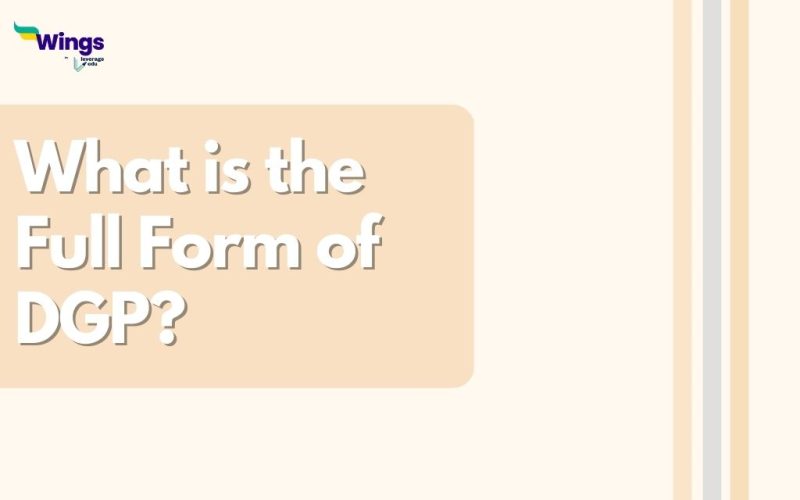The full form of DGP is Director General Of Police. He is also known as the “State Police Chief” because he holds the top rank in the police department of any Indian state or union territory.
What is the Meaning of DGP?
Table of Contents [show]
He is considered the highest-ranking police officer in each Indian state and union territory. He is primarily known as the commander of the Indian Union Territory Police or the Indian State Police. He is also known as the “State Police Chief.” He is the cabinet-appointed Indian Police Services official with a three-star rank.
There may be certain other officers in Indian states who have this rank, and joint appointments of such officers are listed below:
- Director of Vigilance and Anti-Corruption Bureau
- Director-General of Prisons
- Director-General of fire forces and civil defence
- Criminal Investigation Department (CID)
- Police Housing Society, etc.
Such DGP personnel may also be appointed to comparable positions in Central Government organisations, such as:
- Director of Central Bureau of Investigation (CBI)
- Director of SVPNPA
- DG, Central Reserve Police Force (CRPF)
The top authority in an Indian state or union territory is known by his full name, DGP, which we already know. Other additional or special DGPs in charge of a different bureau in the state, such as law and order, crime, and so on, also back him up.
What is the Role of DGP?
We’ve gone through the full form of DGP as well as the meaning of DGP. The DGP’s role and functions are as follows:
- He is in charge of the full administration of the police force of the state or union area.
- He advises the government on a variety of topics concerning the management of the Police Department.
- He is in charge of the police department’s internal finances, equipment, training, and discipline, as well as the effective organisation required to maintain peace and order, prevent and detect crime, and so on. He is responsible for ensuring that all officers reporting to him accomplish their jobs efficiently.
- The DGP is responsible for providing direction in issues of police administration, criminal activity, and law and order activities.
- He has the authority to issue both orders and rules under the Police Act. Important decisions that result in significant modifications must first be approved by the DGP or IGP.
- Furthermore, he is regarded as the primary and central authority in controlling activities during strikes, riots, political movements, labour disputes, and so on.
- The DGP is responsible for responding to such occurrences with police action. When necessary, he can also dispatch reserve police to deal with major issues.
Also Read: How to Become an IPS Officer?
We hope this information helped you to understand the full form of DGP. For more updates like these, you can check our page.
 One app for all your study abroad needs
One app for all your study abroad needs















 45,000+ students trusted us with their dreams. Take the first step today!
45,000+ students trusted us with their dreams. Take the first step today!
